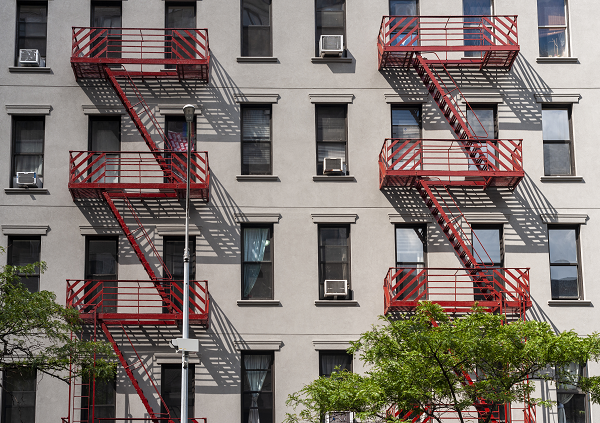Research from property developer, Stripe Property Group, reveals that the number of build-to-rent completions has fallen by -56% in the past year, a decline being very much driven by the London market.
Stripe analysed historic data on the number of annual UK build-to-rent completions inside and outside of London to better understand the current state of the emerging residential sector.
In 2019, the UK recorded 13,788 build-to-rent completions. As the pandemic hit in 2020, the sector proved surprisingly resilient by recording a further 12,266 despite the unprecedented economic situation created by COVID-19.
By 2021, the sector hit a high water mark for completions at 14,582, split evenly between completions inside and outside of London. But then, through 2022, the numbers dropped significantly to just 6,473 national completions.
This marks an annual completions decline of -55.6%, or -8,109 units.
This significant annual decline is driven by London’s build-to-rent sector. In 2021, the capital accounted for 48.5% of all completions, but in 2022, this fell to 43.1%.
The declining number of build-to-rent completions goes against current trends in the wider new-build sector.
In the past year, overall new-build completions in England increased from 142,140 in 2021 to 144,350 in 2022.
Managing Director of Stripe Property Group, James Forrester said, “In recent years, excitement around build-to-rent has boomed. The completion spike we saw in 2021 was no doubt due to the tenant demand for better facilities, more onsite amenities and outdoor space having been confined to their homes for so long during pandemic lockdowns. Build-to-rent provides all of this, plus a higher standard of service and finish than your typical rented home.
However, recent economic conditions have led to higher materials costs, labour shortages and rising interest rates, all of which has contributed to the declining completion rates we’re now seeing.
Build-to-rent as a concept is great news for cities, bringing young professionals back into urban centres to live and spend, but for private landlords, the sector is bad news, threatening to hoover up a significant proportion of tenants away from the private rental market.
But the good news for landlords is that the rapid growth of build-to-rent has stalled, which means tenants are, for the foreseeable future, still going to be reliant on private rental stock and buy-to-let landlords.”






Leave a Comment